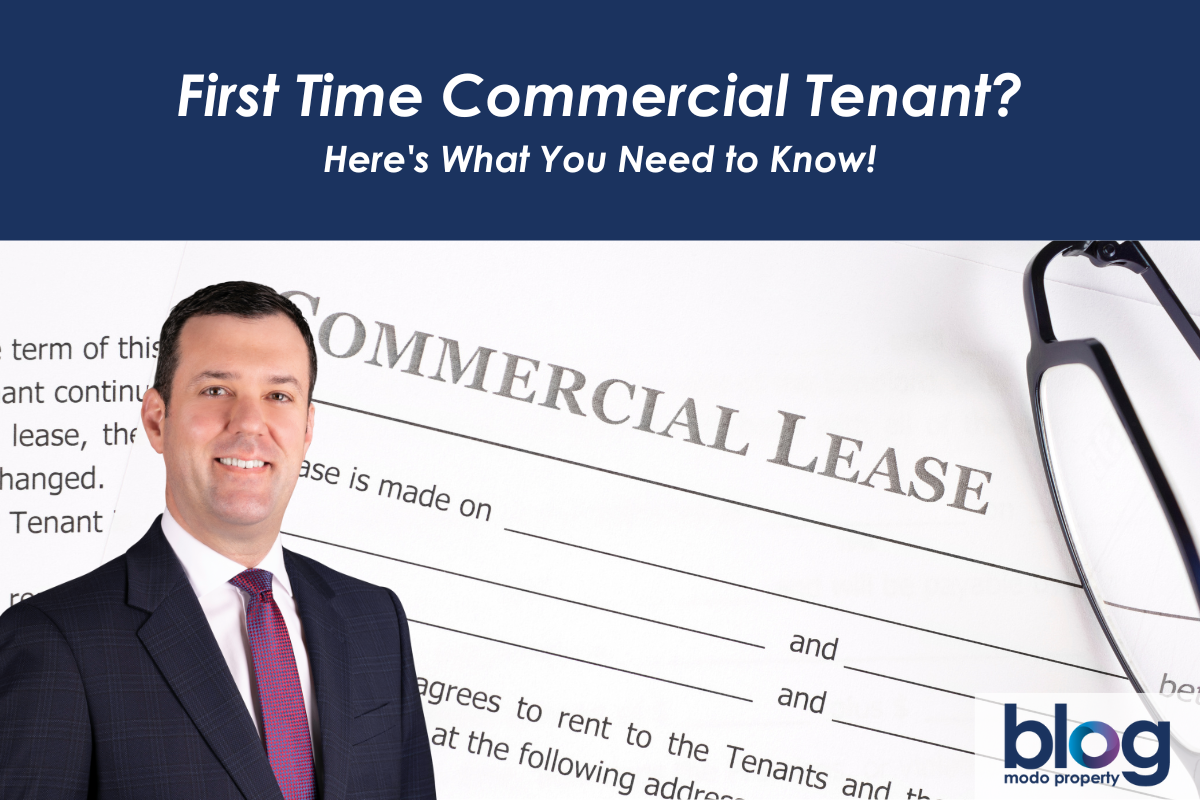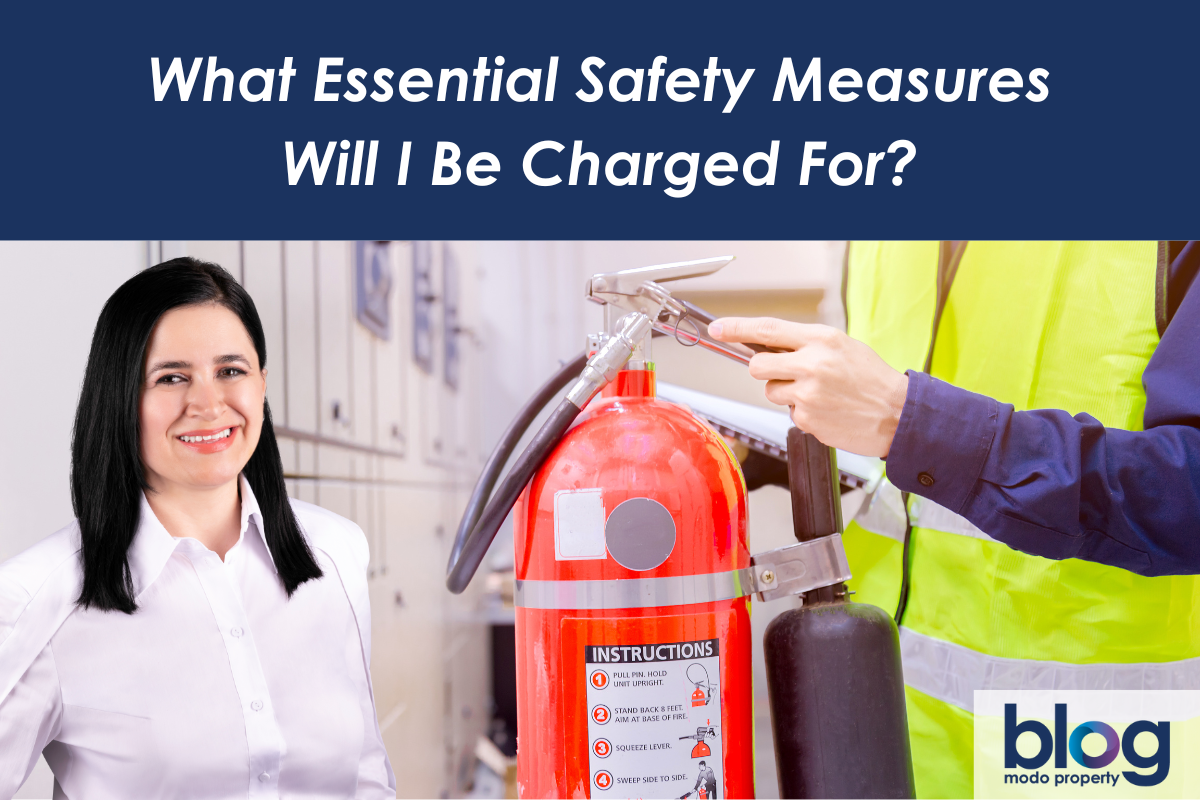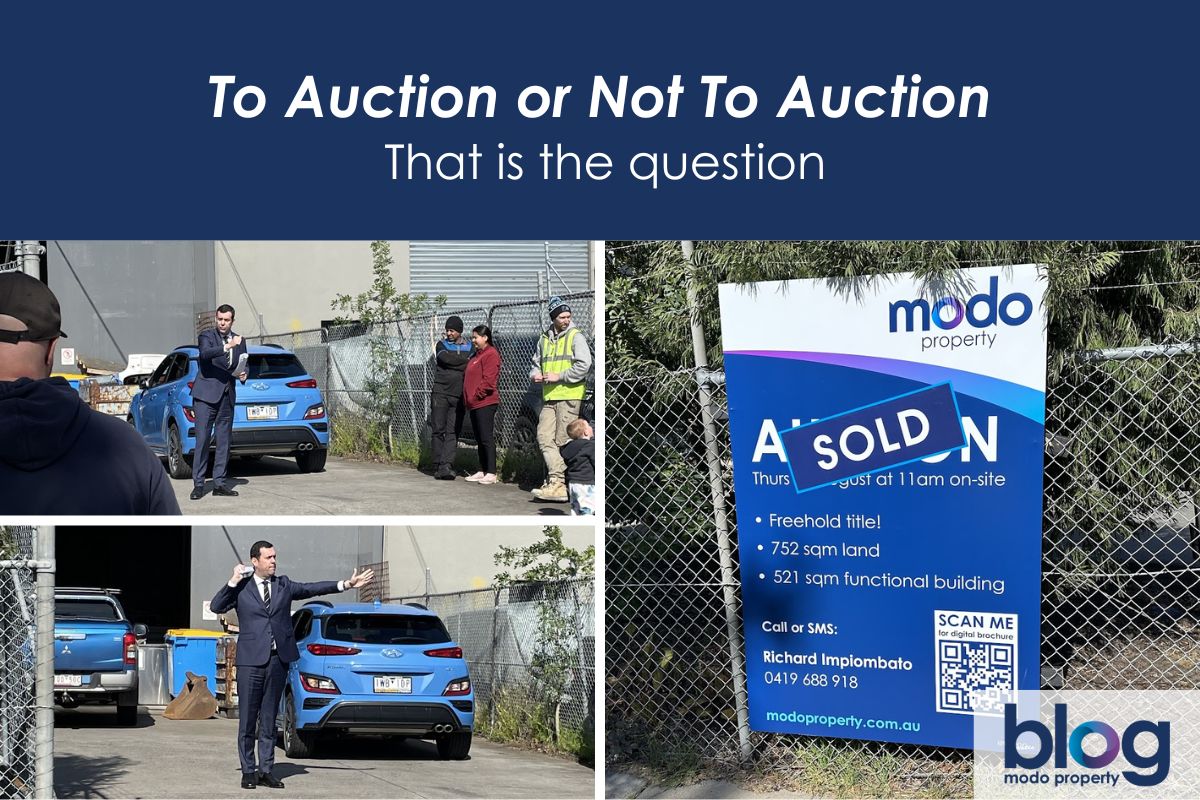First Time Commercial Tenant?
Here's What You Need to Know!
Thinking about leasing your first commercial property? Let us start by clarifying that it’s nothing like your typical residential lease! Commercial leases are tailored to reflect an agreement between a Landlord and Tenant; unlike residential, it is a very personalised document and very few commercial leases are the same.
Here are a few things that first time commercial Tenants need to know:
1. Your commercial lease will likely be around 40 – 50 pages long
There are lots of rules, terms, and conditions that govern the Lease and outline who is responsible for what. This will also include some consequences that apply for either party not meeting their obligations as outlined in the Lease. We know it’s boring, but please read the WHOLE document and ask the agent if you have any questions.
2. Additional GST may be applicable on top of the listed charges
Unless otherwise stated, GST amounts are not included in the Lease Schedule or the Disclosure Statement. There is no GST applicable if the Landlord is not registered to collect GST.
3. What is a Retail Disclosure Statement?
The disclosure statement is a document that outlines essential lease information and must be provided to the tenant before they start their lease and as outlined in the Retail Leases Act. Elements of this document will include an estimate of the outgoings that can be on-charged to the Tenant, clarification of key dates relating to their term and additional option periods, any agreed capital works to be completed (either by Tenant or Landlord), as well as any other pertinent information that may sway a tenants decision to accept the lease.
4. What is and why do I need a Director’s Guarantee?
This depends on the entity that is holding the Lease. For example, if a company (Pty Ltd or similar) is the Lessee then the Landlord will require a guarantee from the director/s of that company. This is simply an additional level of security for the Landlord that if the company leasing the premise enters administration or goes broke, the Director/s of the company are personally liable for costs incurred by the Landlord as a result of the company default.
5. What is the difference between an outgoing and a consumable?
Typical outgoings include council/water rates, building insurance, owner’s corporation fees, air-conditioning maintenance, and sometimes agent management fees. Consumables are items such as water or electricity usage, internet connection, office cleaners, content insurance, etc.
6. What is a bank guarantee
A Bank Guarantee is an alternative to providing a security deposit directly to Landlord. It is an unconditional undertaking given by the bank, on behalf of the Tenant, to pay the recipient of the guarantee the amount of the guarantee on written demand.
7. What is a rent review?
This is typically an annual review of the rent payable under the lease where the Landlord and Tenant agree on an adjustment to the rental amount. This is usually a fixed percentage increase but can sometimes be based on CPI or a market review (usually determined by an appointed valuer and at a split cost to the Tenant and Landlord).
8. Can the owner on charge land tax?
By law, land tax incurred by the Landlord cannot be on-charged to a retail Tenant.
9. What are capital works
These relate to the structure of the building as well as fixtures provided by the Landlord for use by the tenant. While the Tenant is responsible for the servicing of some fixtures the Landlord is typically responsible for repairs. A common example is air-conditioning: a tenant will be responsible for routine servicing of a unit every 3 – 6 months depending on usage, but if the unit itself needs to be replaced then this will be at the Landlord’s expense.
10. What is a ‘make good’ clause?
Usually included in a commercial lease, it stipulates that a tenant is required to hand back the premise at the end of their lease in the same condition to which it was given to them (minus fair wear and tear) unless otherwise agreed by the Landlord. For example, the Tenant may have built a partitioned room during the Lease and the Landlord has agreed in writing that it can stay.
11. What is an option?
A term in the commercial or retail lease that permits a Tenant to renew their lease at the end of the initial lease period providing they meet certain conditions which will be outlined in the Disclosure Statement.
12. What is the difference between a Net and Gross lease?
A “Net” Lease will include the rental amount plus outgoings. A “Gross” Lease includes the outgoings into the rental rate (not applicable to consumables unless otherwise stated).



